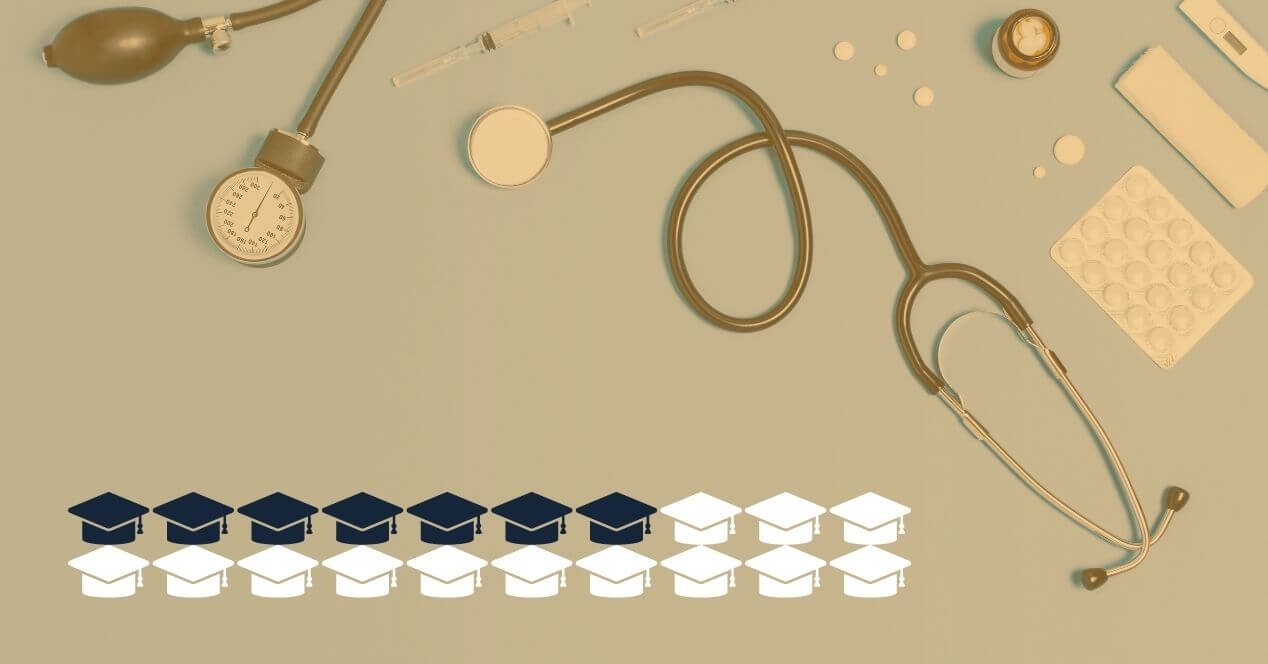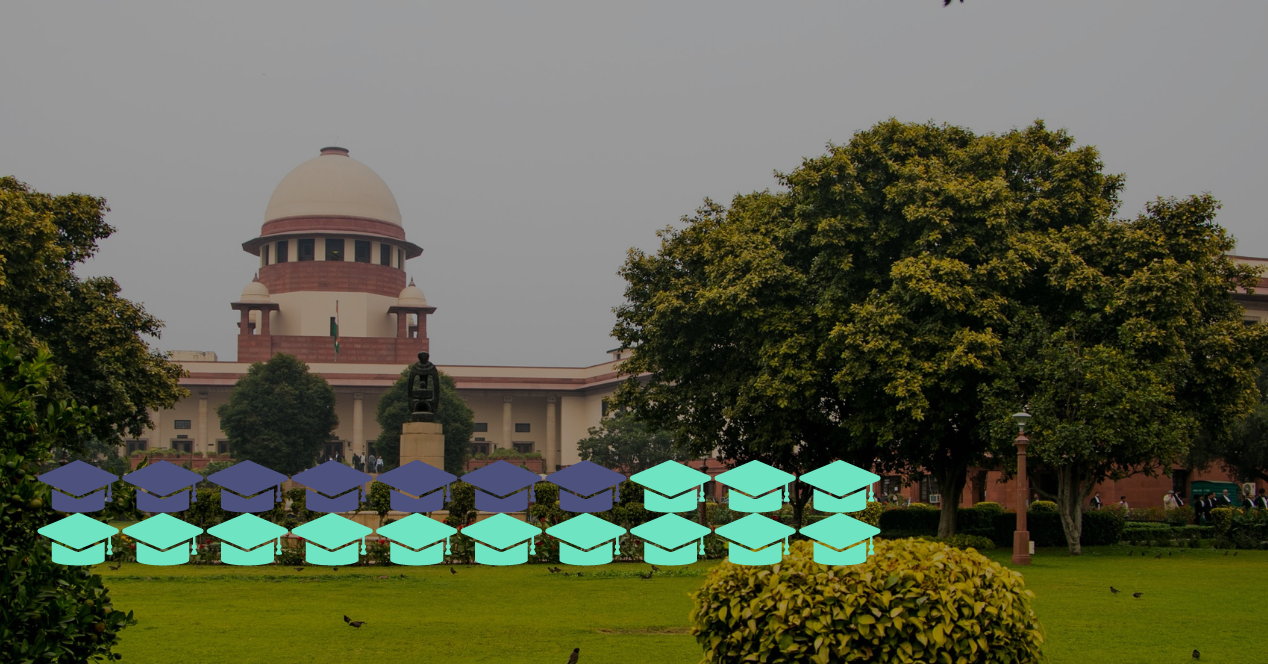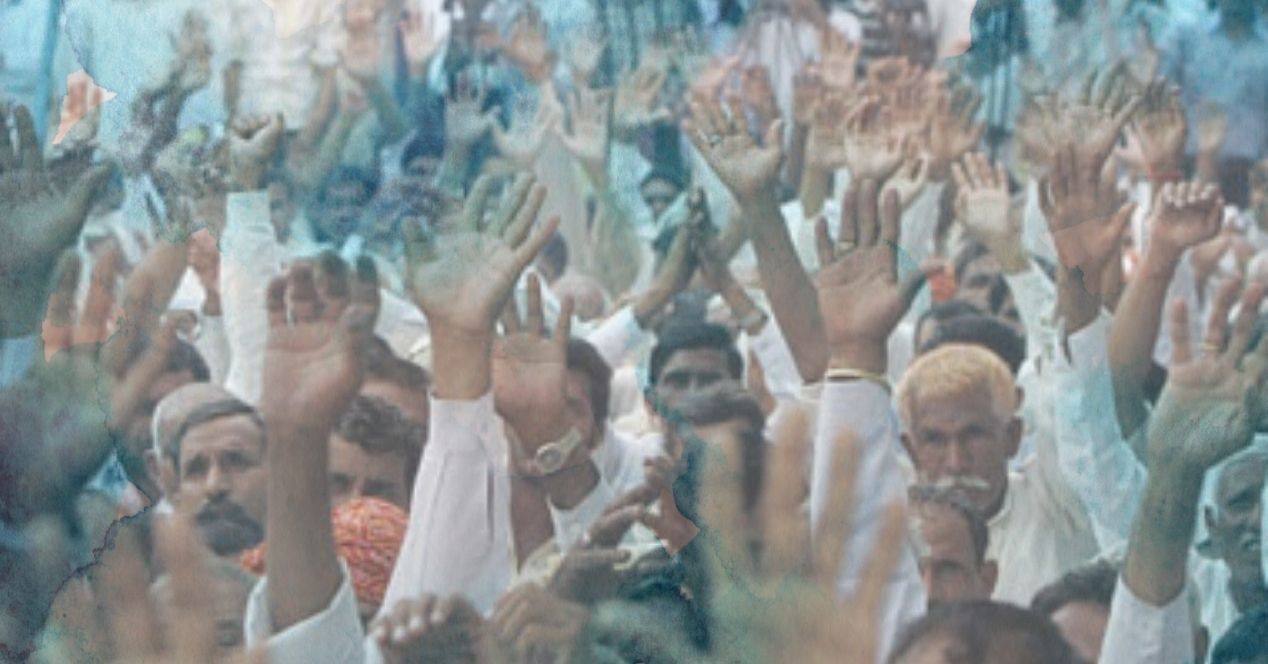Analysis
SC Offers Hope for OBC Reservations in Maharashtra Municipal Elections
The Maharashtra government was directed to submit data justifying its OBC reservation policy to the State Commission for Backward Castes.
After continuously thwarting the Maharashtra government’s attempts to implement OBC reservations in municipal elections since March 2021, the Supreme Court has provided a limited ‘ray of hope’ on January 19th, 2022. A three-judge Bench led by Justice A.M. Khanwilkar directed the Maharashtra government to produce data justifying OBC reservations before the State Commission for Backward Castes (the Commission). The Commission is required to submit a report assessing the data to the State authorities in two weeks. If the Commission finds the data reliable, it will recommend that reservations are implemented.
The Maharashtra government’s reservation policies have repeatedly been struck down due to the lack of reliable data to justify the policies. In March 2021, the SC ordered the Maharashtra government to fulfil three requirements before implementing OBC reservations—constitute a commission to collect data on backwardness in the State; decide the proportion of reserved seats based on this data; and ensure that reservations for SC/ST and OBC candidates are not more than 50% of the total available seats.
Subsequently, the Maharashtra government set up a commission to collect the required data and announced 27% OBC reservations in municipal elections. In December 2021, the SC held that the 27% reservation was unconstitutional. The Court observed that it was not enough to constitute a commission. The Maharashtra government was required to collect data on backwardness and devise a policy based on it.
The State Election Commission has, since then, completed elections in 106 municipalities reallocating the reserved OBC seats to the general category. The Maharashtra government now wants OBC reservations to be permitted in the elections pending in 14 municipalities.
The most recent hearing marks the first instance in which the Maharashtra government has approached the Court with data to back up its reservation policy. The Bench did not comment on the correctness of the Maharashtra government’s data in the January 19th Order. The Commission will have to determine whether the proposed reservations fulfill the three requirements.
Many State governments are struggling with the Court’s hyperfocus on data as the basis for reservations. Most recently, Madhya Pradesh was also forced to delay its municipal elections as it needed time to fulfill the three requirements for OBC reservations. If the Maharashtra government succeeds in implementing OBC reservations, it may provide clarity on what data to collect and how to use it to devise reservation policy for other States as well.




